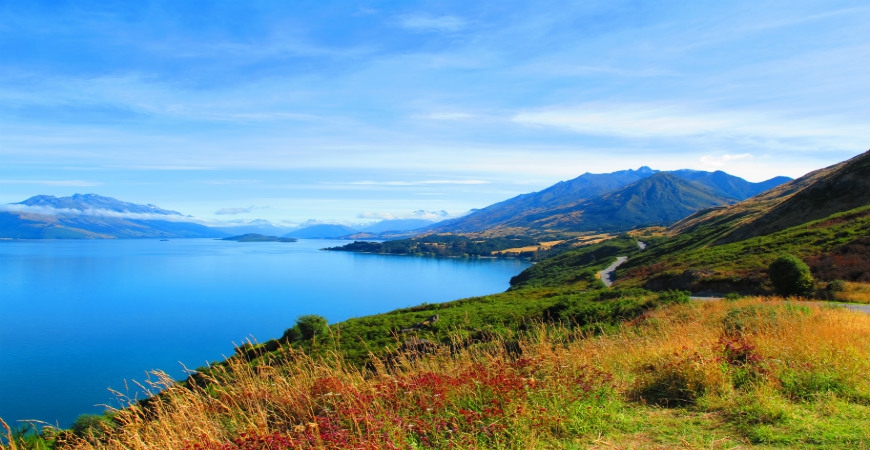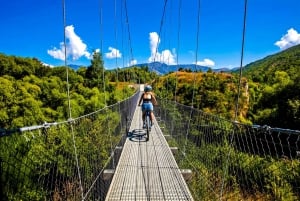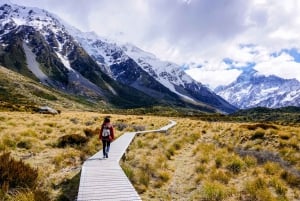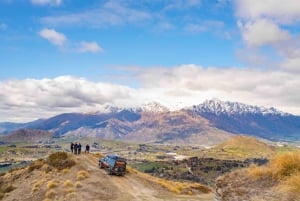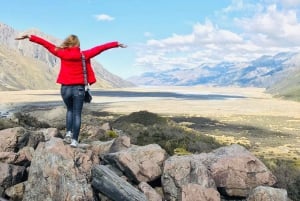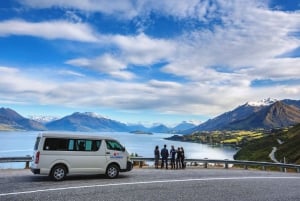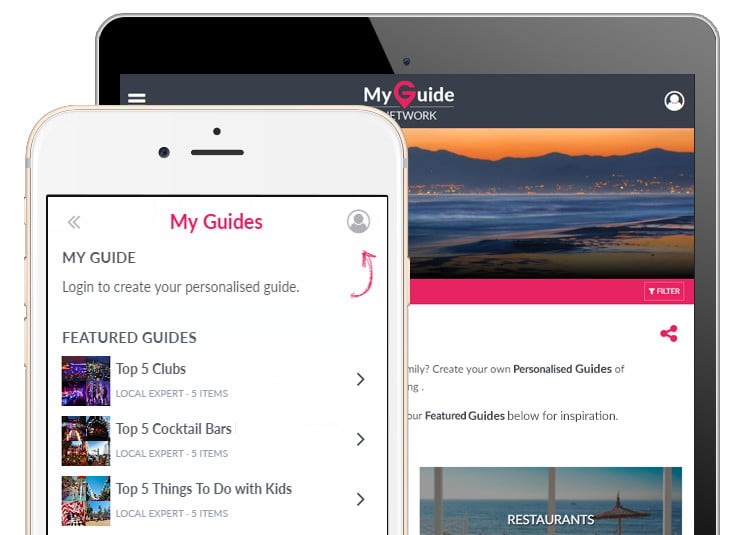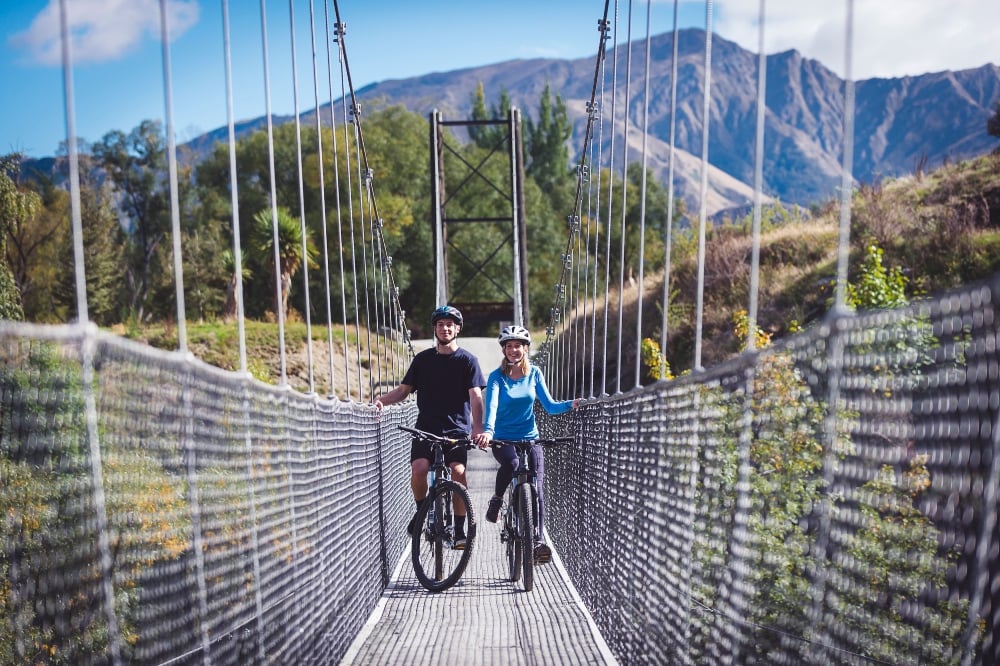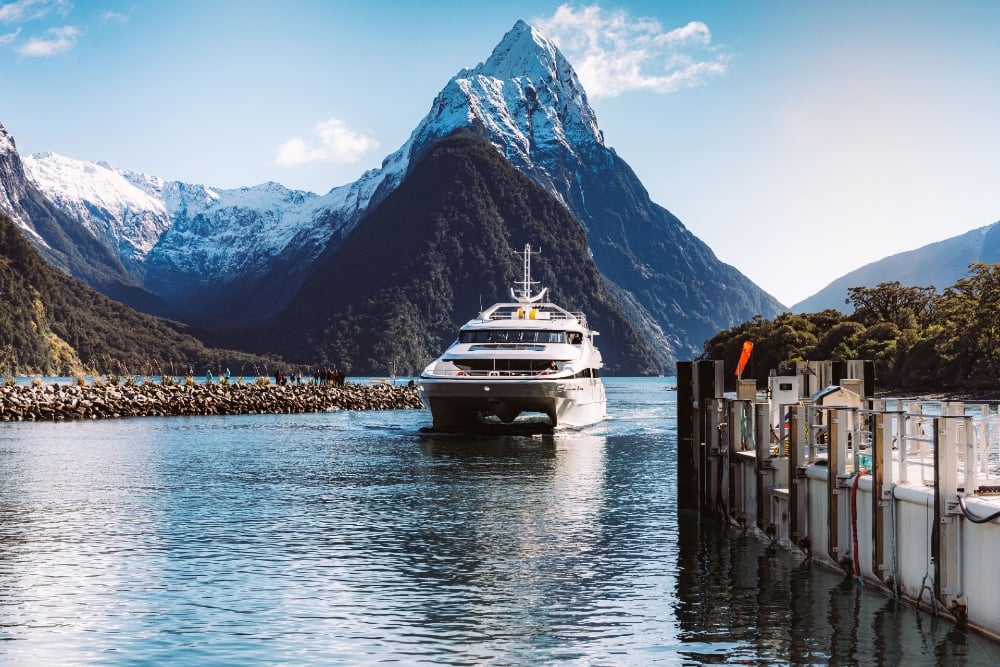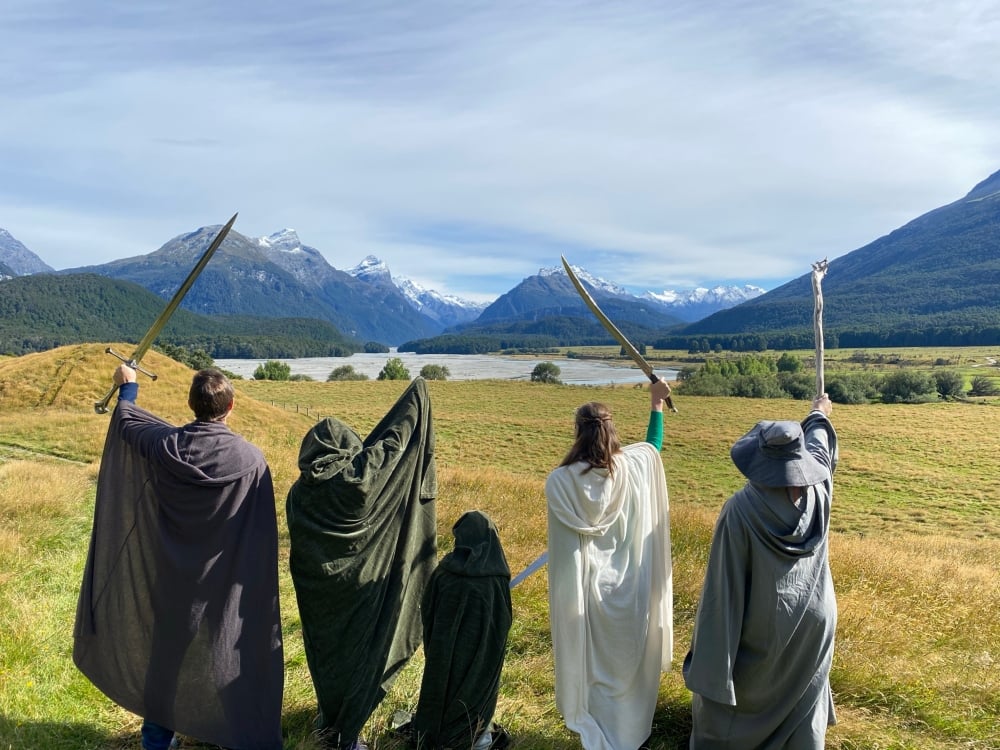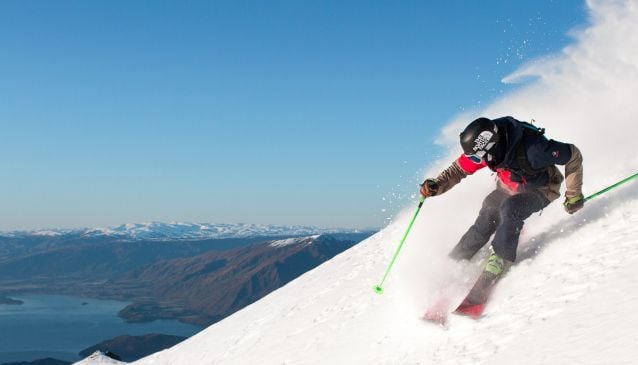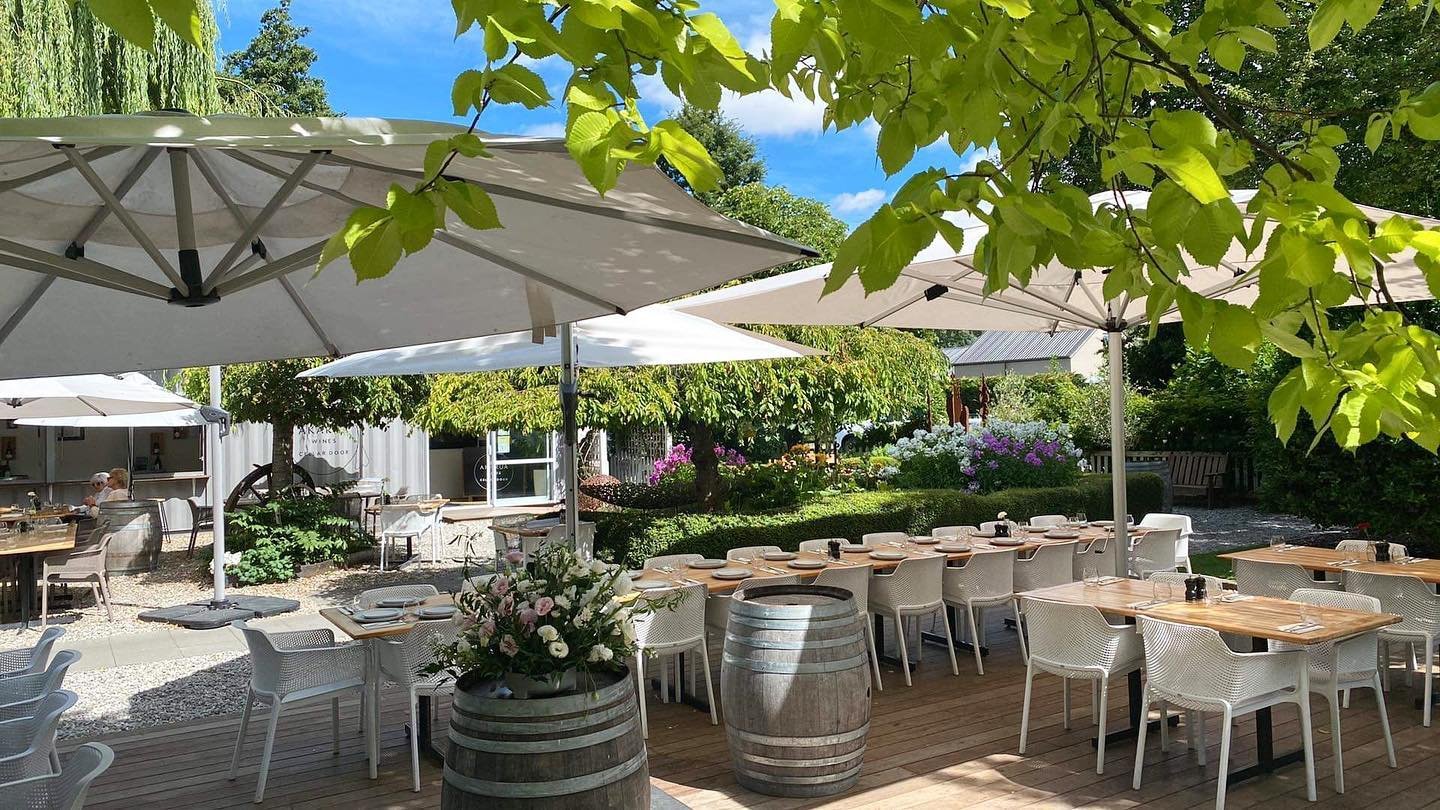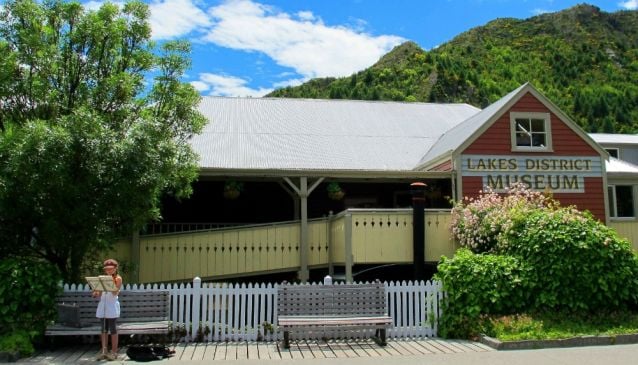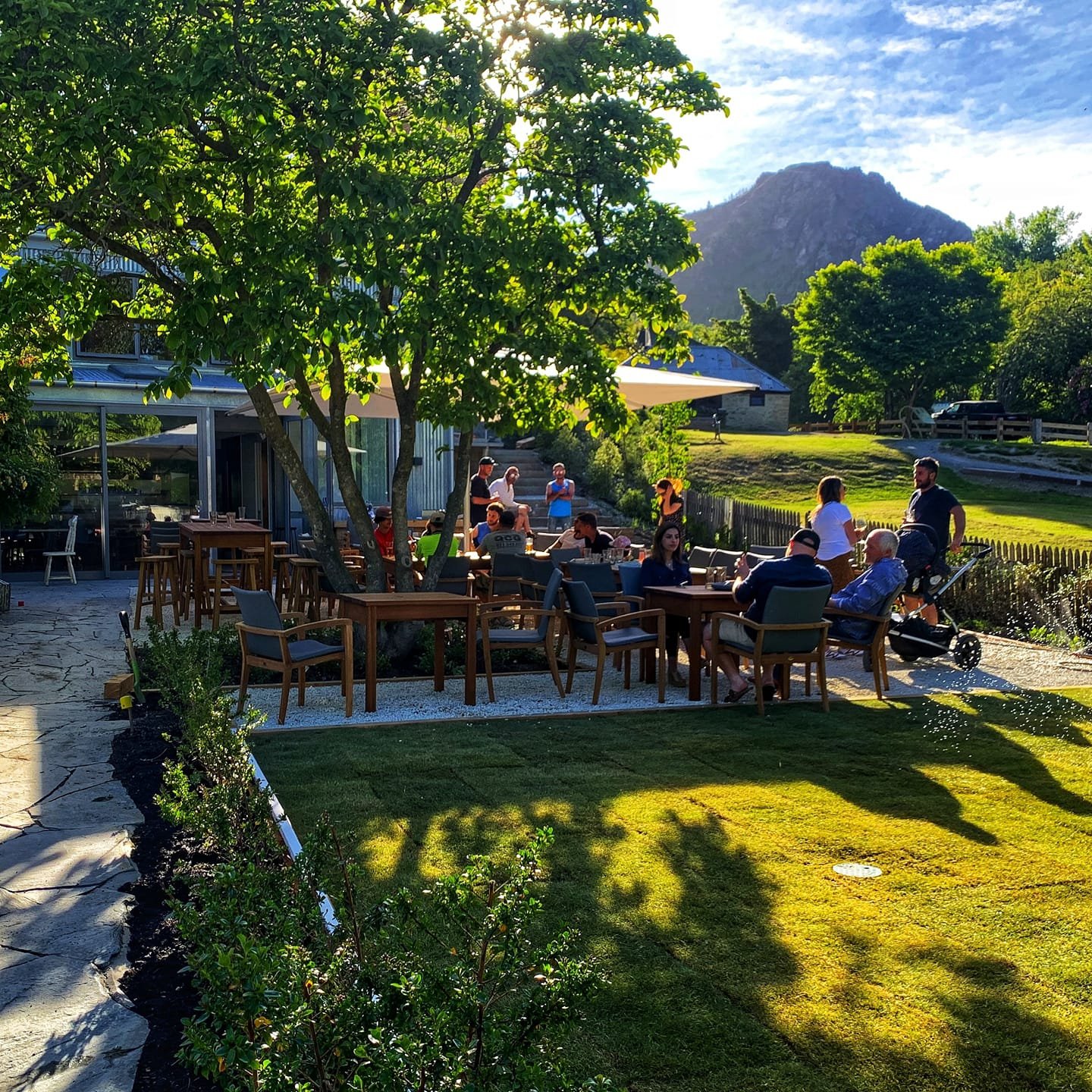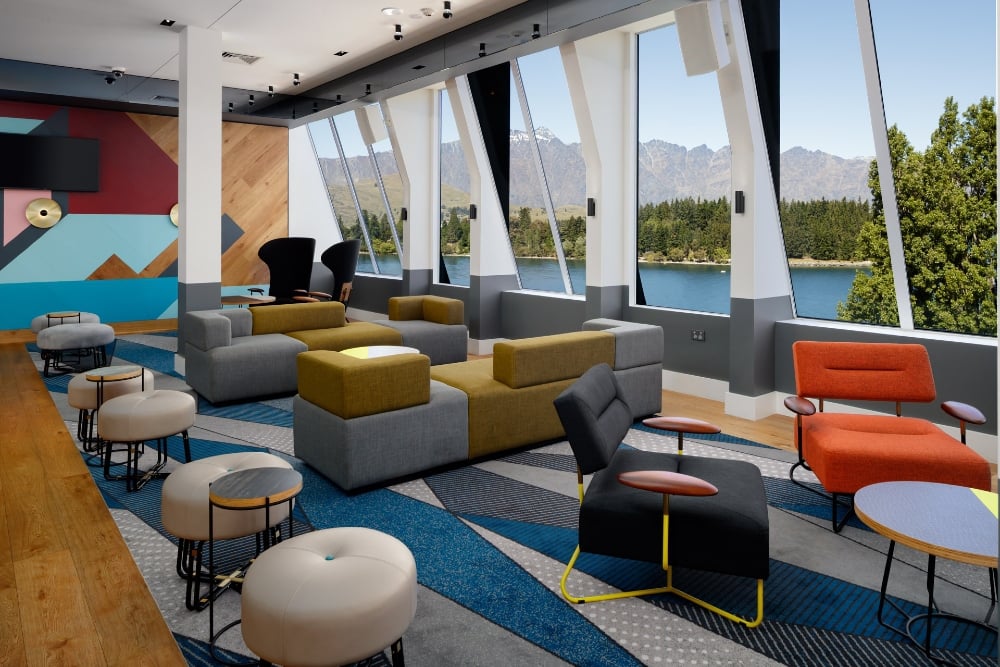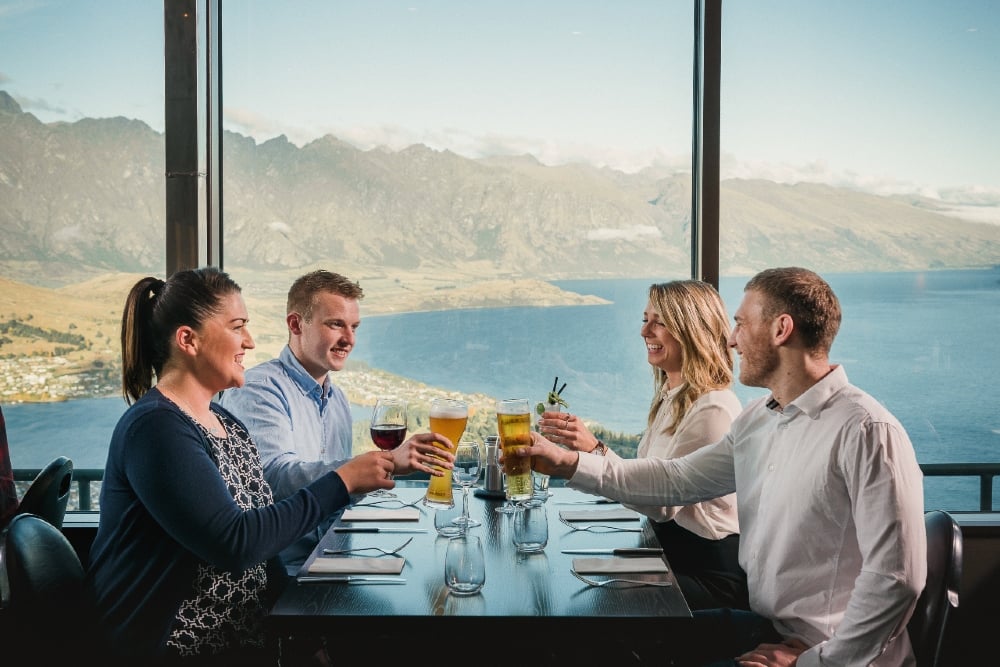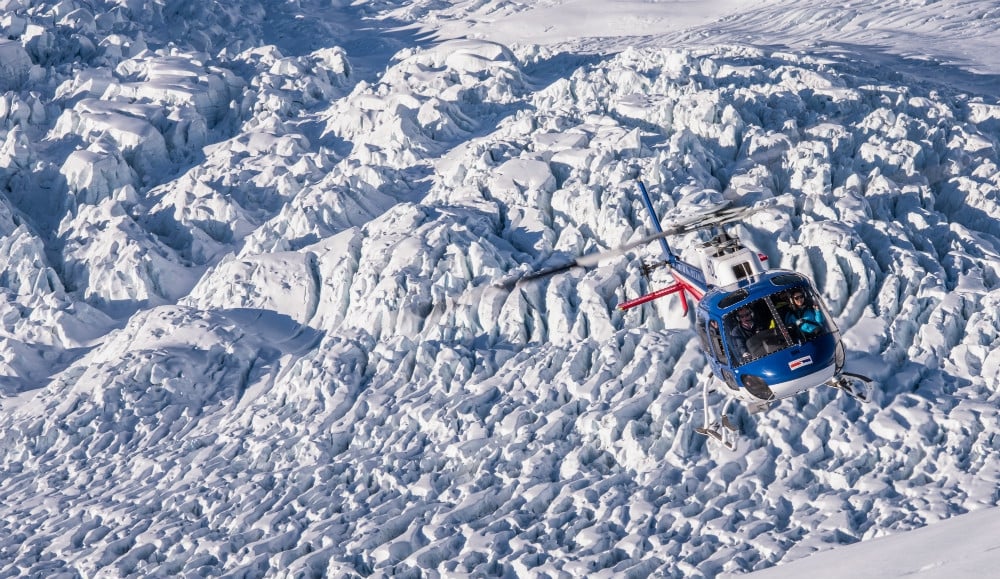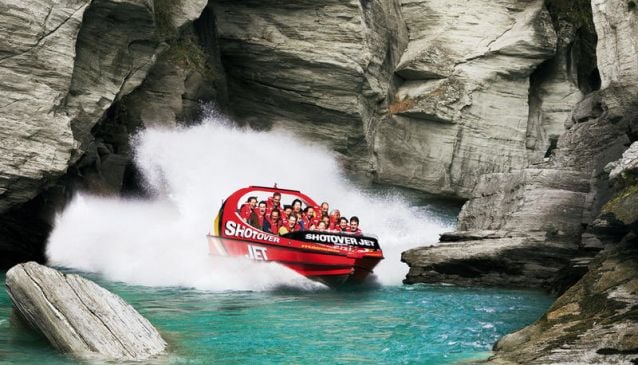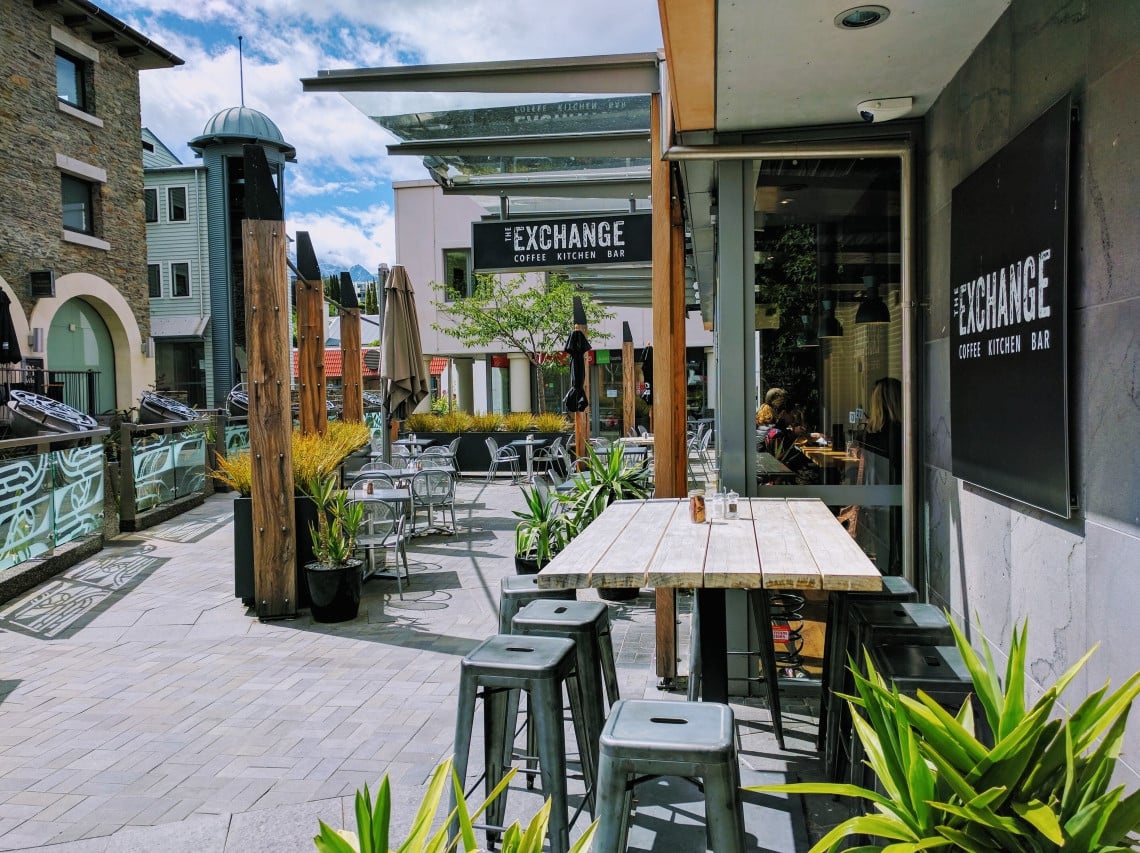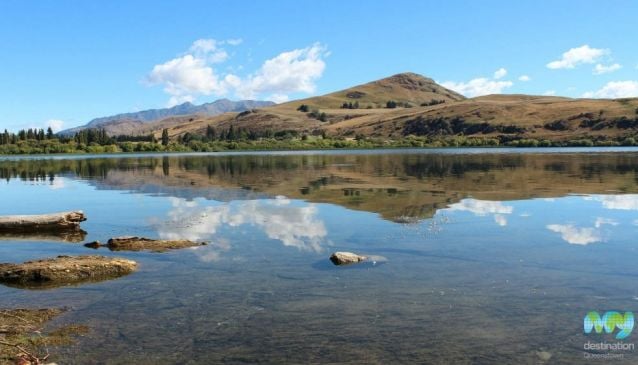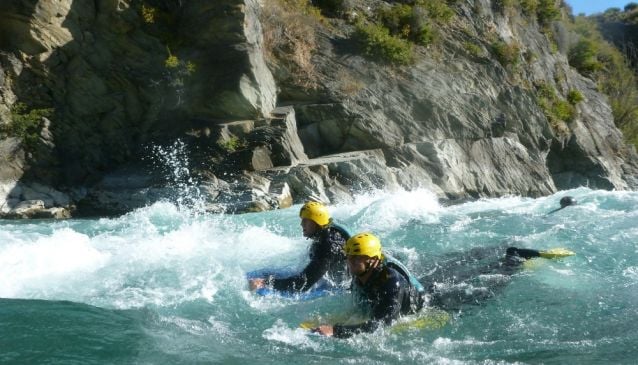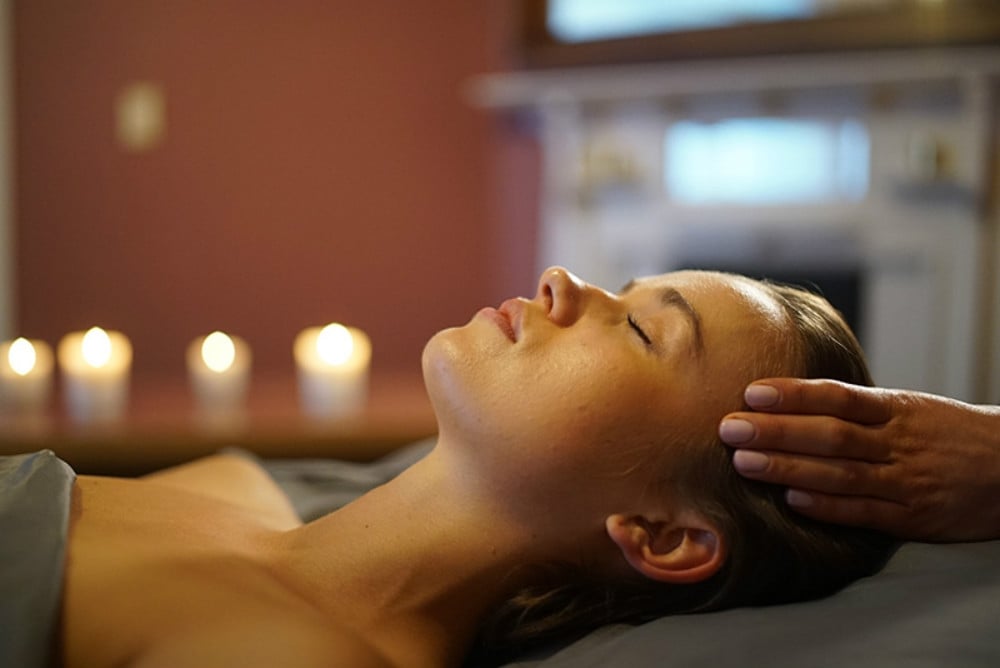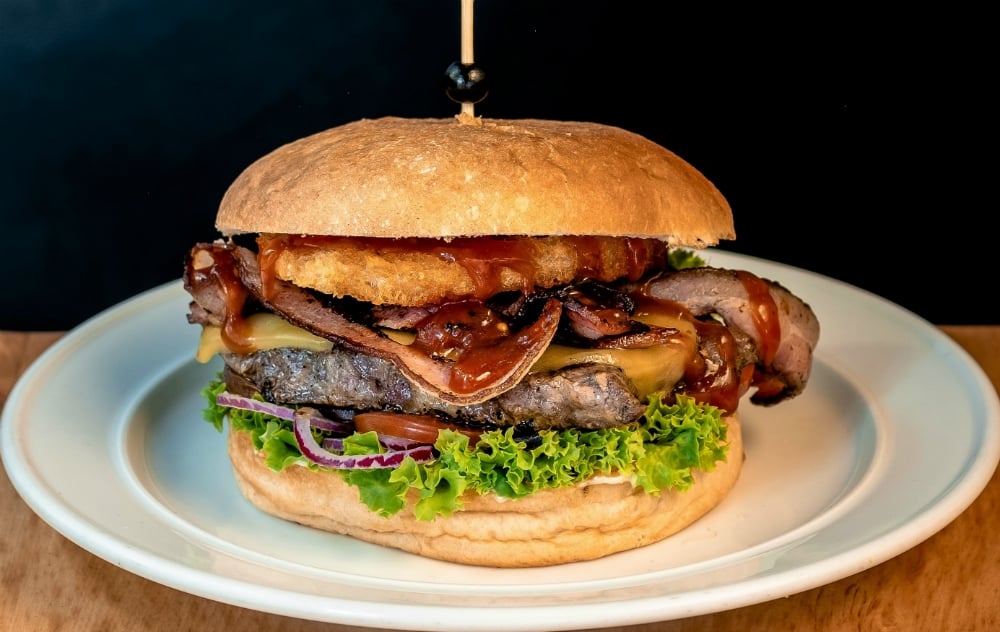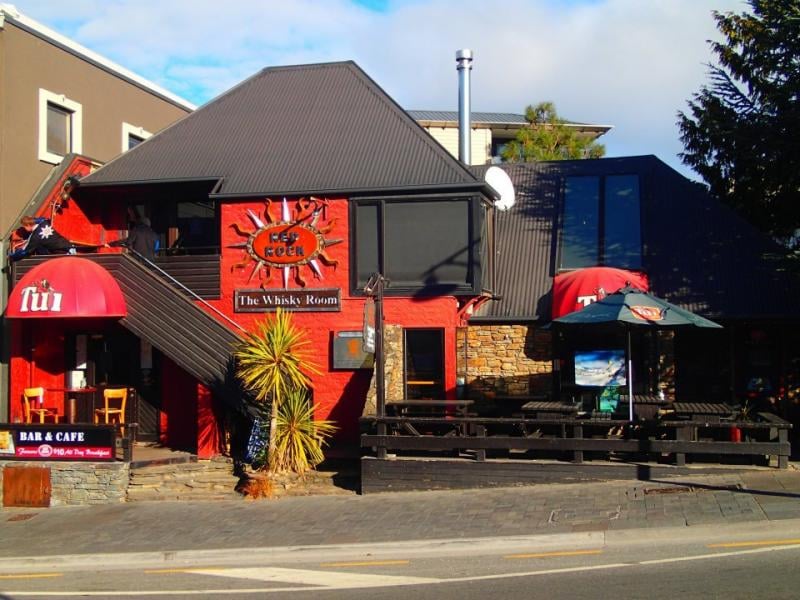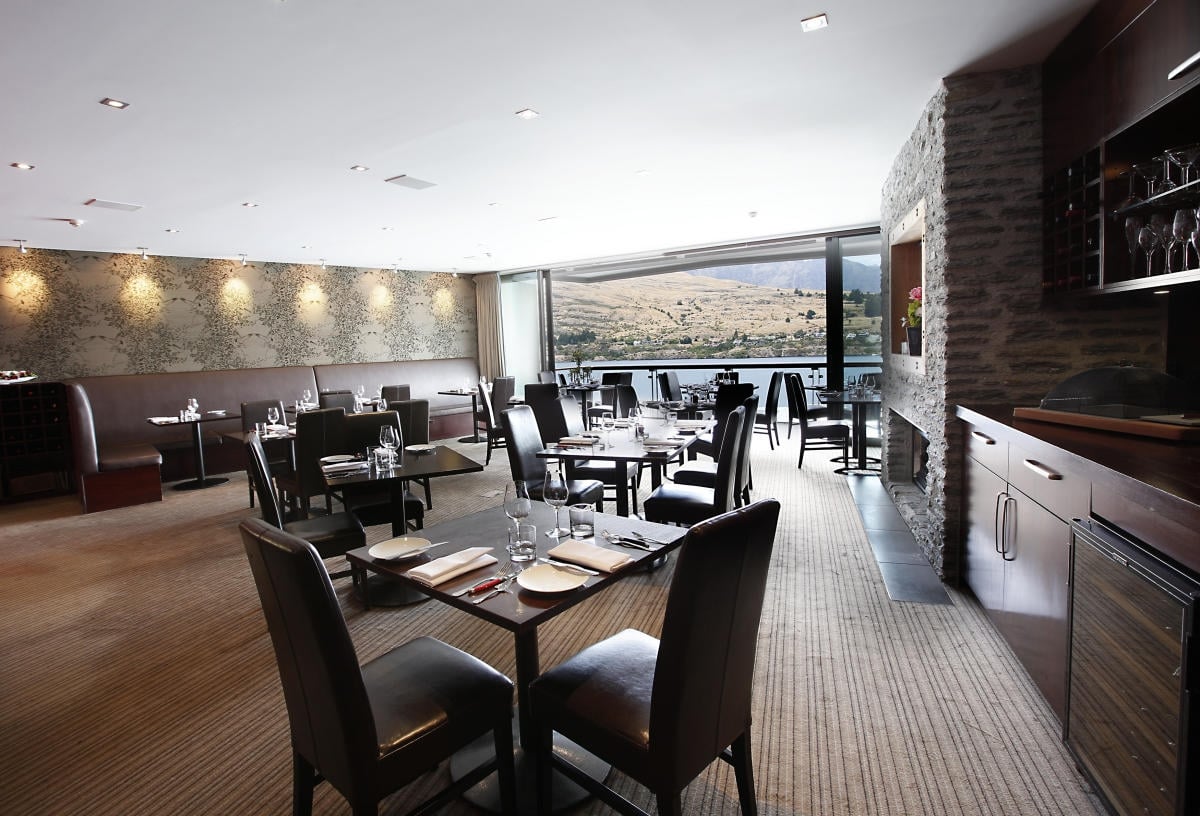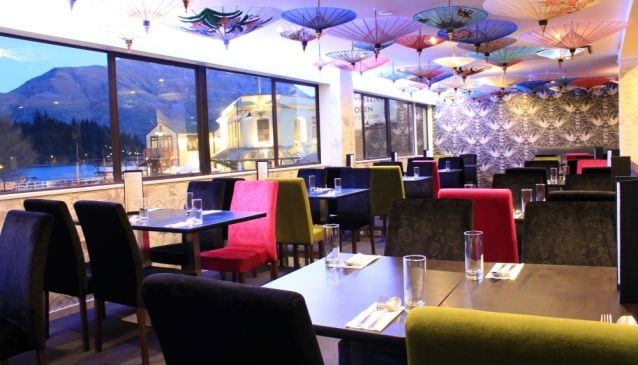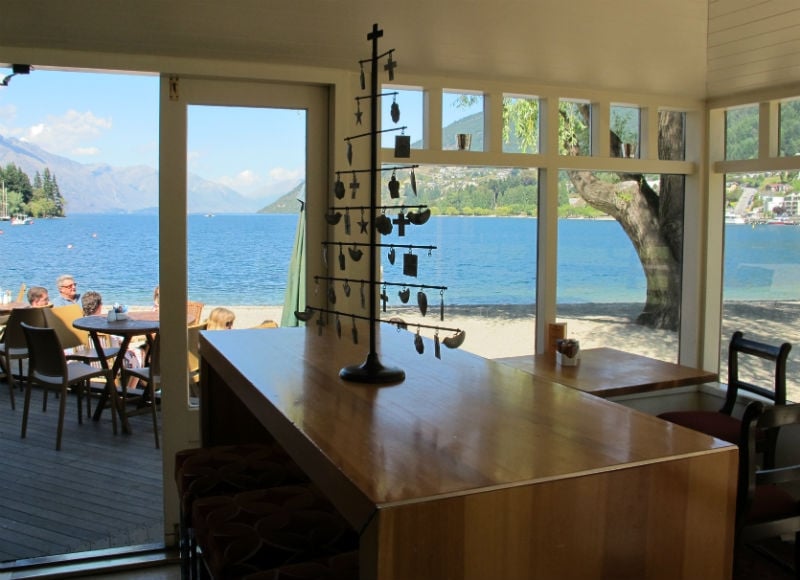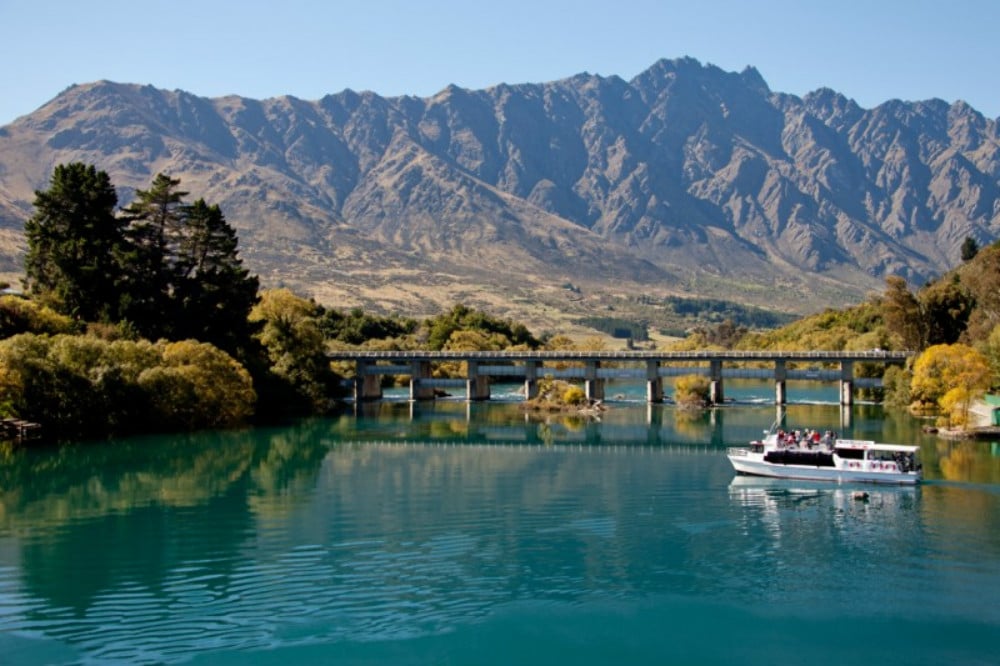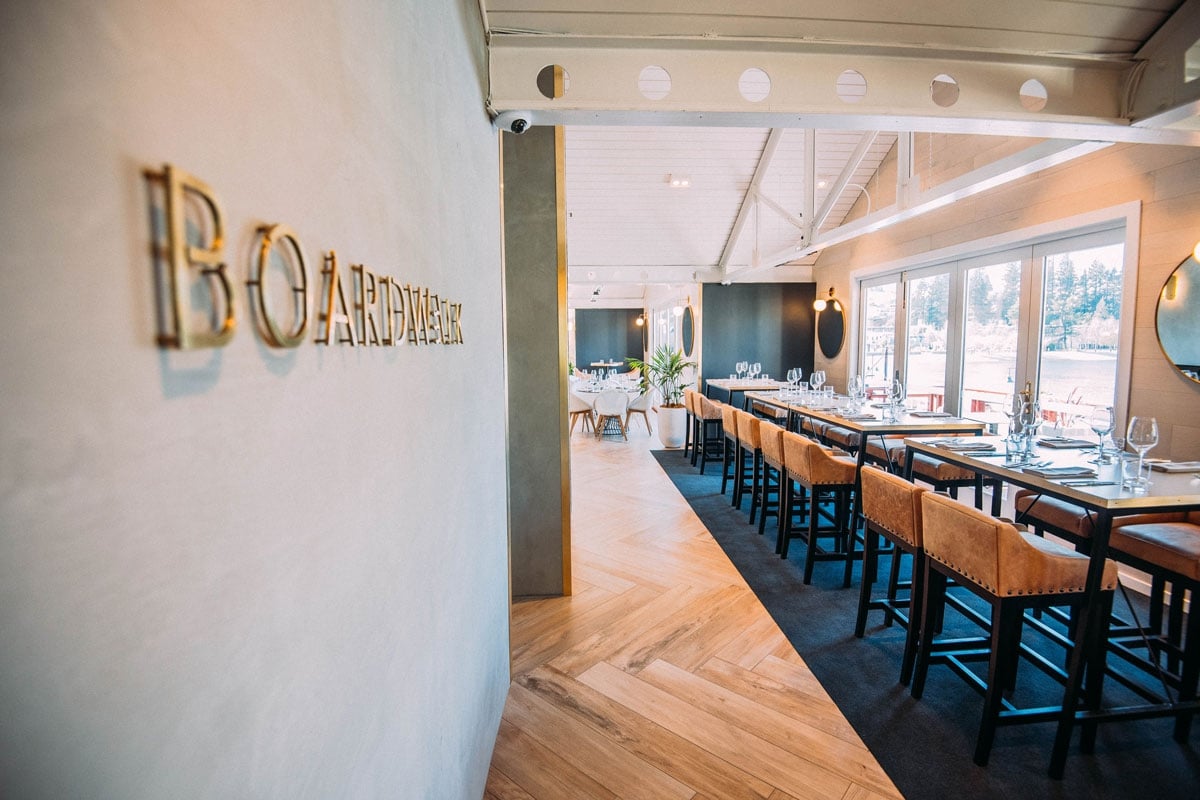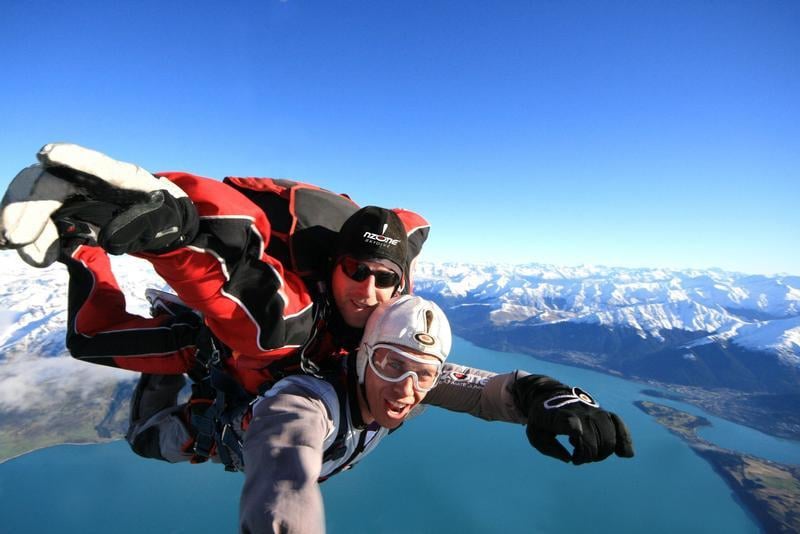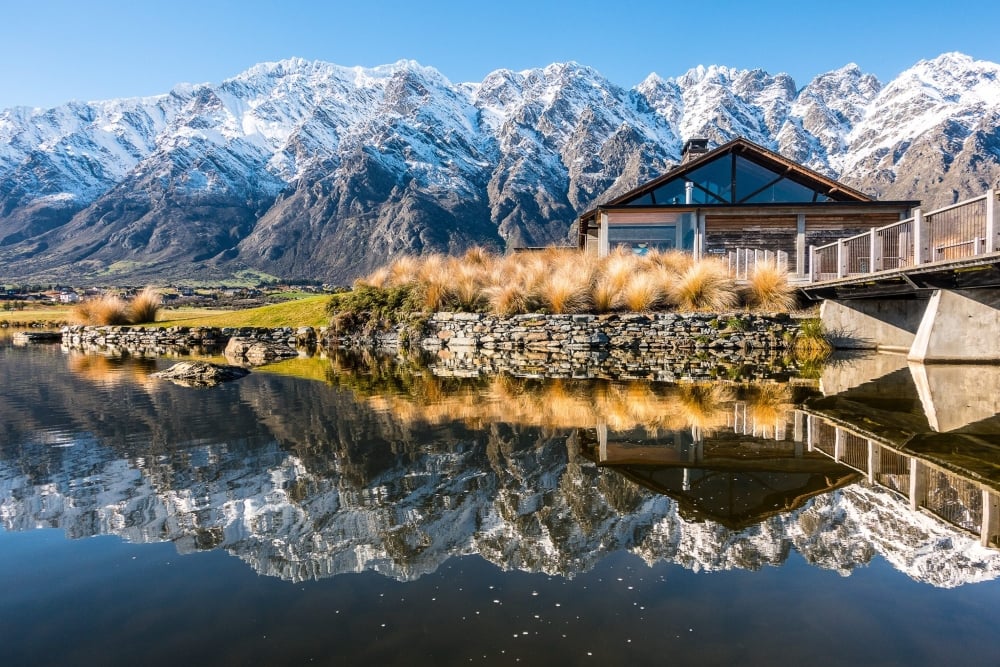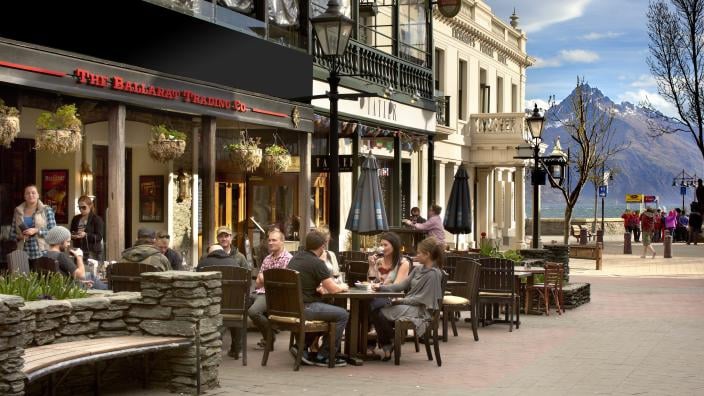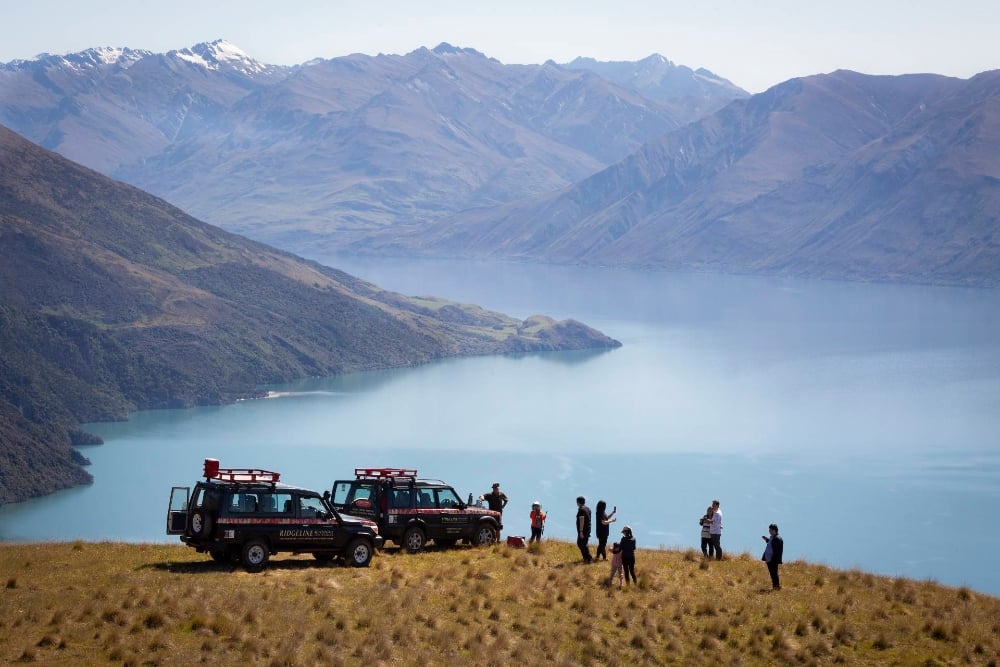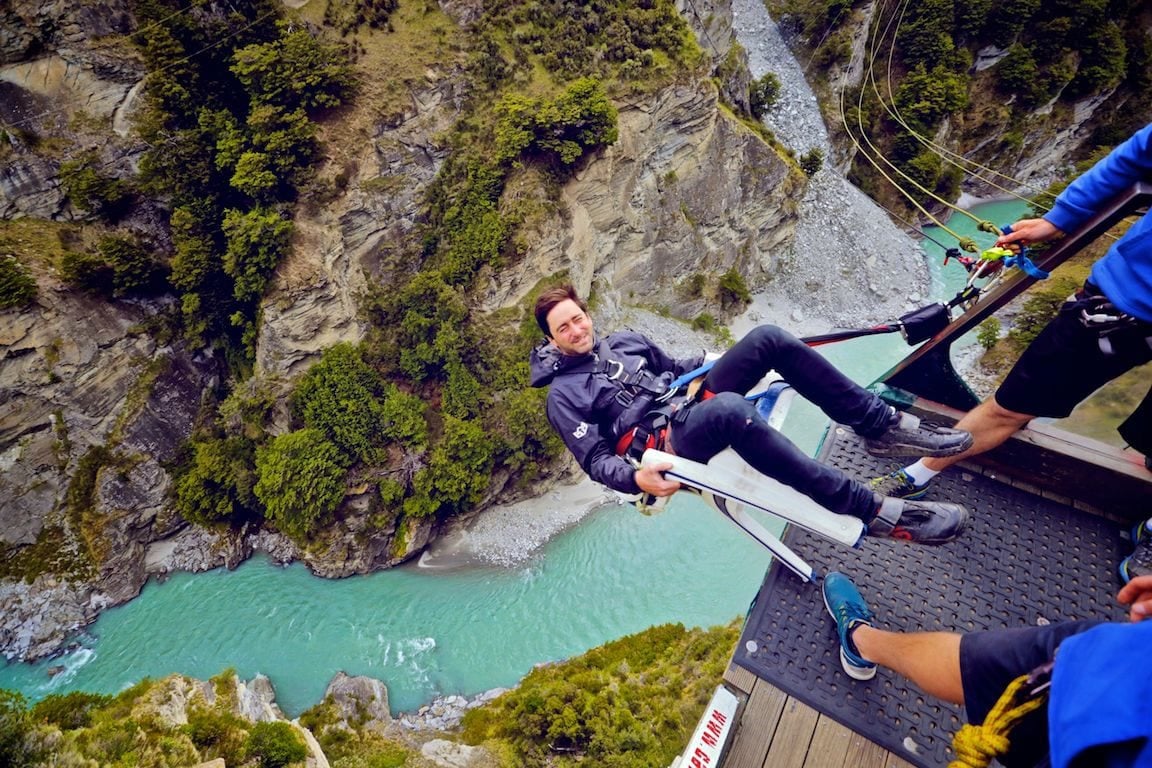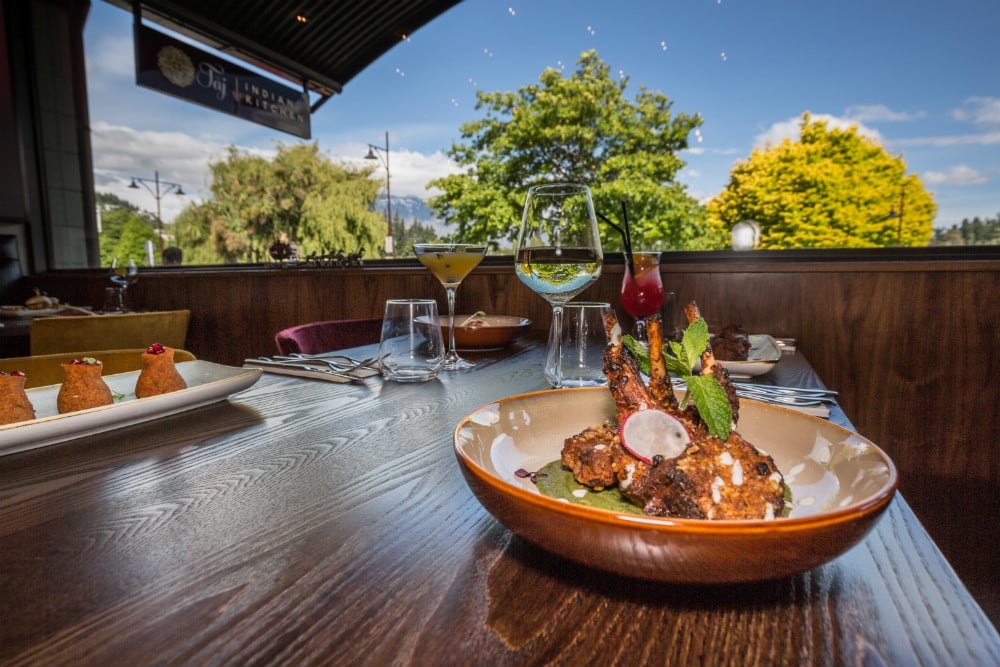New Zealand Travel Information
Language
English and Maori are the two official languages.
Time Difference
New Zealand is GMT +12, and +2 hours ahead of Sydney. Daylight saving time adds one more hour between October-March.
Currency
The local currency is the New Zealand Dollar (NZD). 100 cents make up 1 NZD. Coin denominations: 10c, 20c, 50c. Dollar denominations: $1, $2, $5, $10, $20, $50, $100. Visitors can bring in, or take out, any amount of NZD currency, although any amount over $10,000 must be declared.
Banking
Most shops, hotels, attractions and other retail points should have ATM and electronic funds transfer facilities (EFTPOS). Travellers' cheques are also widely accepted, especially in gift shops, tourist attractions and hotels, mainly in the larger cities. Banks are open Monday-Friday, 9.30am-4.30pm.
Goods & Service Tax (GST)
There's a 15% GST (Goods & Service Tax) on all goods and services, but most prices will already include this in the amount quoted, unless otherwise stated.
Electrical Supply
The standard electrical current in New Zealand is 50 hertz and 230/240 volts. 100 volt A/C sockets are also provided in most accommodation sites, with power outlets accepting 2 or 3 pin flat plugs.**
Tipping
It's not required to leave a tip in New Zealand bars and restaurants. Service charges and gratuities are not applied to bills, and any extras are left entirely at the consumer's discretion.
Clothing
New Zealand enjoys a varying climate, so layers are a good idea, whatever the weather, as it can change, fast. What might start out as a chilly day, can quickly get very warm, so think ahead and be prepared for all eventualities.
Emergency Numbers
111 – Fire, Police and Ambulance / 0800 500 222 – AA Emergency Road Service
Telephone
If you're dialling into New Zealand from overseas, the prefix is '+64'. If dialling overseas from inside New Zealand, the prefix is '00' followed by the country code (e.g. 0044 for the UK). See our separate section on New Zealand Area Codes for more information.
Travel Health
If you require emergency treatment whilst visiting New Zealand, the ACC (accident compensation scheme) should cover you. For non-emergencies, however, you'll need to purchase your own personal travel health insurance, which will also cover extra charges if you are not entitled to free emergency treatment. Always take out comprehensive health insurance if you're planning to do anything adventurous, like bungy jumping, rafting, climbing or skydiving. And make sure your policy covers these activities. The Ministry of Health eligibility info page will tell you whether or not you qualify for any free medical services while you are here.
Vaccinations
New Zealand does not require visitors to have any vaccinations prior to entry.
